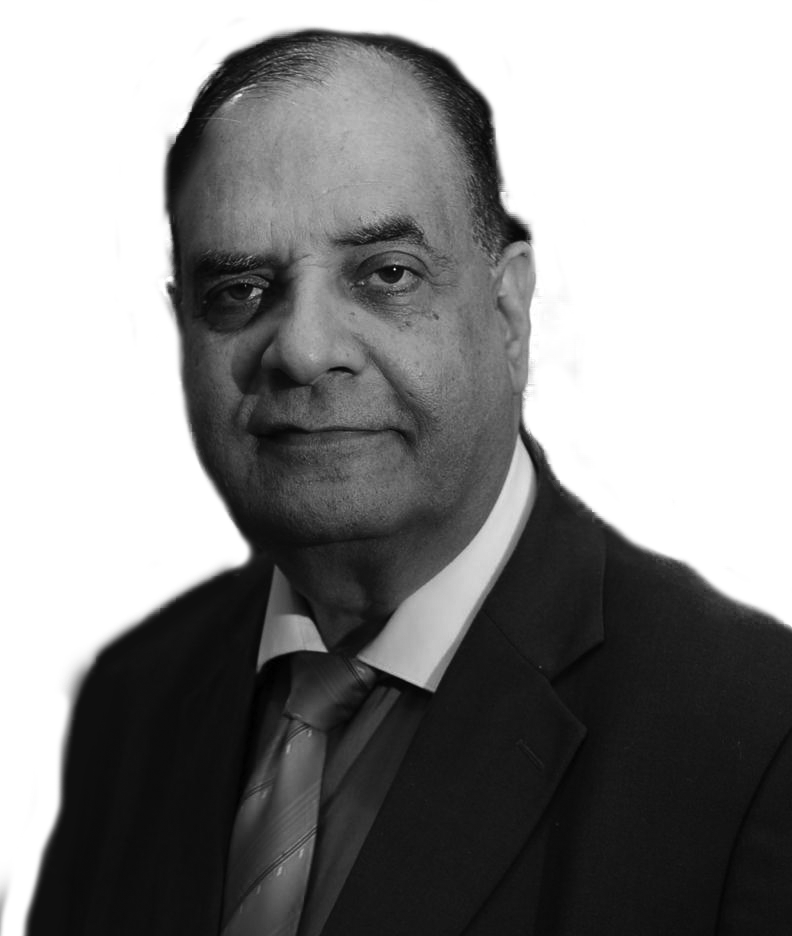‘Our goal is to stop terrorism or border encroachment without joining any party or group’.
Great progress has been made in recent years to modernize and strengthen the Indian Army manifold and secure the land, air, and water routes of the borders. Yet, the political equations between China, America, Russia and Europe are constantly changing. They are also sometimes very enthusiastic about relations with India on the basis of their regional and economic interests, and sometimes they try to put pressure. That’s why America is having trouble with India’s new arms deal with Russia. On the other hand, Russia is suffering a lot due to the strategic agreements and growing economic relations with America. Russia has been a very important partner of India for defence resources. Therefore, they want more partnerships in the economic sector as well. But the most critical issue at the moment is Russia’s sympathy and cooperation with China towards Afghanistan’s Taliban, along with Pakistan. Not only this, despite all kinds of claims against terrorism, America has guaranteed security for itself by negotiating with the Taliban, but it has increased serious threat to India by handing over power. From this point of view, many new challenges are going to come for India’s security system.
There is no doubt that despite all the peace efforts, the threats from China and Pakistan are increasing instead of decreasing. To counter these threats, there is a need to create maximum coordination between the Indian intelligence services and the three wings of the military. General Bipin Rawat was made the Joint Chief of Army Staff in 2019 after 20 years of deliberations and internal differences to coordinate the forces and jointly counter the enemies. He gave a new direction to the whole system in two years. These efforts helped in stopping the incursion activities of China and Pakistan along the Jammu and Kashmir and Ladakh and Arunachal borders and gave them a befitting reply. But his sudden demise may bring some impasse to this process. Not only this, recently in Nagaland, 14 ordinary labourers had to die due to the negligence of the Army. Along with the investigation of this horrific incident and the action to punish the culprits, it is necessary to review the issue as to how the Army got the wrong information about the terrorists coming from there and why they did not get information from the local administration about the passage of ordinary citizens’ vehicles on the same route. Various security agencies and intelligence agencies work in the border and other sensitive areas. Cooperation from local administration and public is required.
In this context, I recall the initial information on the incident of Pakistani incursion into Kargil in 1999. Then I was the editor of a leading Hindi daily in Delhi. Our Jammu-based correspondent Suresh Duggar was the first to send exclusive news of the incursion in Kargil. We published the news of about three to four hundred words on the first page. The next day, the Ministry of Defence sent a rebuttal. We printed that refutation as well and I called my correspondent and warned him angrily. At that time, the correspondent must have said in his explanation that he had got this news from an officer of the Army’s own intelligence service i.e., Military Intelligence. That officer got this information from a shepherd in Kargil. However, after a few weeks, the news of the incursion not only proved to be true, but after almost two months of war-like military action, Pakistani soldiers were killed and removed. Even then, it had come to the fore that due to lack of coordination between Military Intelligence and other intelligence services, the Central government did not get the information on time. Then the BJP government led by Atal Bihari Vajpayee formed a committee under the leadership of K. Subramaniam. The committee gave a detailed report in December 1999. In the same report, along with other recommendations, it was advised to appoint a chief for the three wings of the military. The issue of coordination among intelligence agencies has been going on for 50 years. Journalists like us used to get such facts even when officers of one intelligence service used to publish news against the officers of other intelligence agencies.
There are many sources in the intelligence system of our country such as local police, Intelligence Bureau, RAW, Income Tax Department, Intelligence Department, Enforcement Directorate, Customs, Serious Fraud Investigation Office and Military Intelligence. Not only internal security, but border security also requires coordination with the international intelligence service like Interpol and the intelligence services of friendly countries. Therefore, there is a need for coordination among our agencies first. One of the points in the investigation of General Rawat’s helicopter crash can be how much correct information was received from the local administration for the safety of that area and also for the weather. The Nagaland incident reminds us of one more thing. Former Army Chief General J.J. Singh has written in his autobiography: “We have scoured the soil of mountains and forests for years. We had to follow vague, futile and impractical orders of the higher Headquarters at times, which also resulted in losses. Most of these efforts were due to a lack of accurate information. We used to get orders—scout the forest, drive out terrorists, capture territory, search and destroy. This means that due to the lack of proper information and strategy of the situation and location, not only military action fails, the local people are also unnecessarily distracted and angry with the government army. Therefore, there is a need to strengthen the intelligence agencies more.”
The author is editorial director of ITV Network—India News and Dainik Aaj Samaj.

